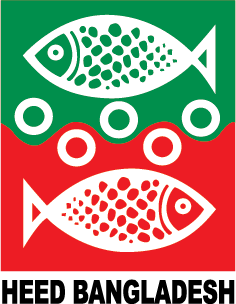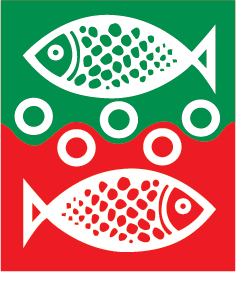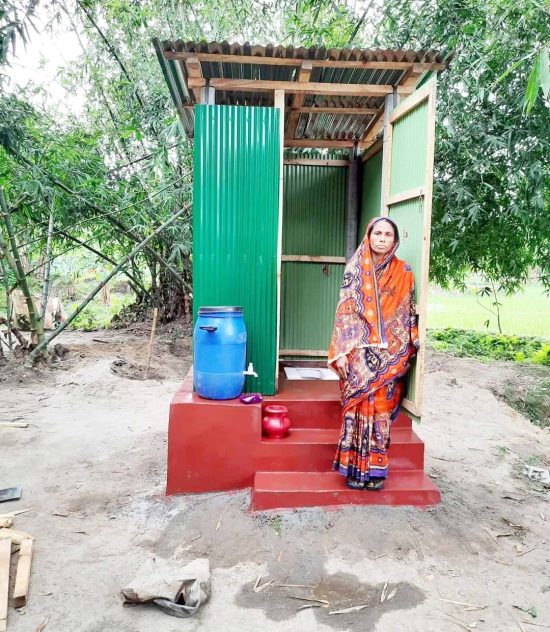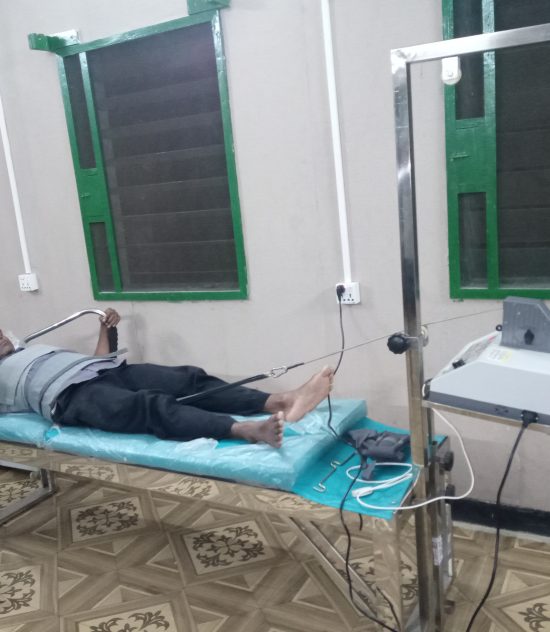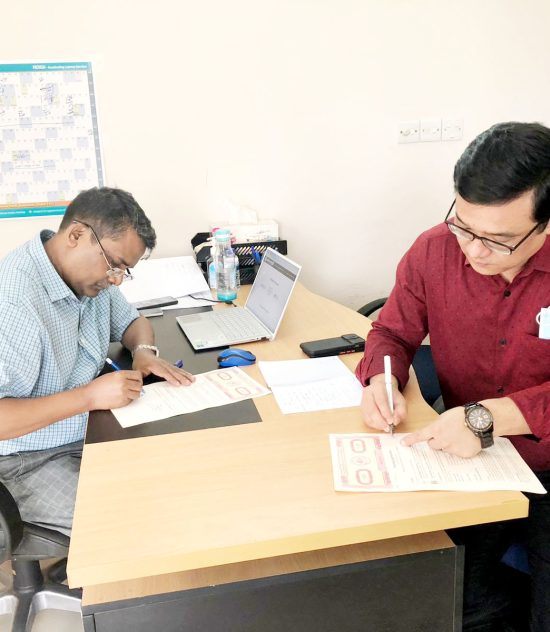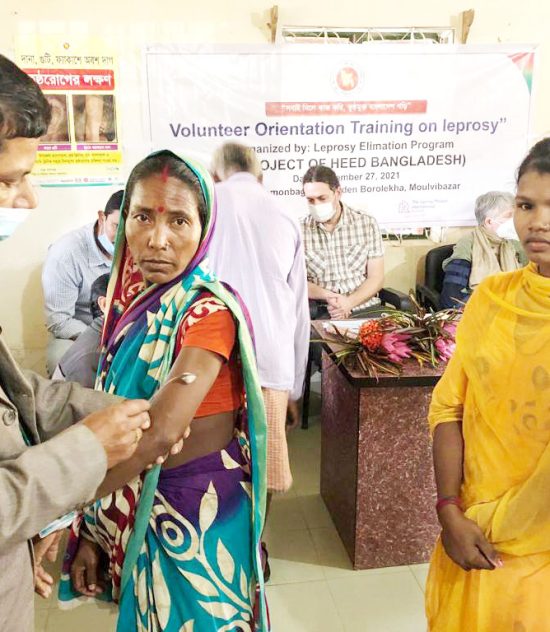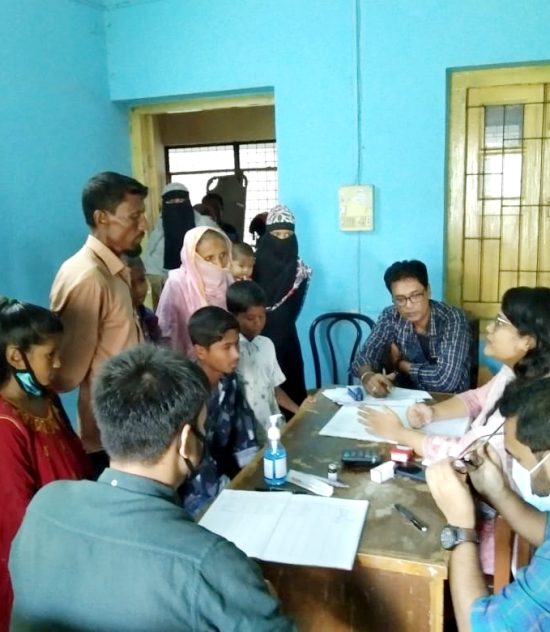HEED Handicrafts
Established
Beneficiaries:
HEED Handicrafts (HH)
HEED Handicrafts is a self depended project of HEED Bangladesh (a national NGO), working since 1978. The project was formed to support rural artisan and producers around in Bangladesh with Handicrafts production and marketing in home and abroad.
The impact of that view, artisans are getting direct benefit as well as improving their life style with the activities.
Beneficiaries:
More than 10,000 artisans of 300 groups from all over the country are the target beneficiary of HEED Handicrafts. About 60% female in the gender ratio.
CORE VALUES
INTEGRITY
We act responsibly and conduct our business with the highest ethical standards, accountability and transparency.
PEOPLE
We value our global and diverse talent by creating a safe, inclusive and supportive environment where our people can thrive.
PROFESSIONALISM
We act in the best interest of our clients and deliver innovative solutions with high standards of excellence.
PARTNERSHIP
We build trusted and enduring relationships with clients, partners, our producer and colleagues to achieve win-win outcomes.
CORE VALUES
- Represent what we stand for,
- What we expect from employees,
- What we deliver to our clients,
- And how we should behave in our daily work.
Our core values
- Should form our ”Moral Compass”
- And serve as “Silent Mentors”
- To guide us in everything we do.
Handicrafts Goal
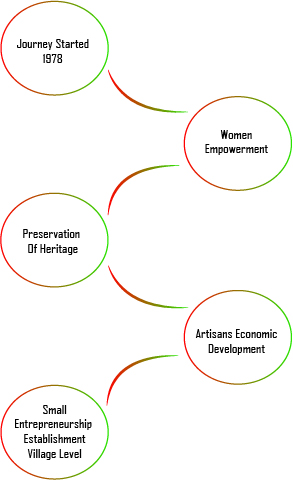
We avoid

Case Study: Teresa and her baskets:
Teresa is a Christian woman from the western part of Bangladesh who makes date-leaf baskets for HEED Handicrafts. She used to be merely a housewife once, but now her strong non-stop basket weaving hands makes her the only valuable earning person of her family.
Teresa liked basket making from her childhood and learnt this skill from her father. At that time it was her hobby to make baskets and thus she tried to help her father with her two little hands. But who knew that this skill of her would one day help her to feed her whole family?
Teresa’s husband used to do small businesses and his income was not bad at all. But after 7 years of her marriage, he left her with two children behind. Teresa returned to her father’s house, but there also bad luck hunted her. Her father died. All the responsibility to earn the livelihood of her two children along with her mother and one little brother fell on her. At first she could not decide what to do. Then she remembered her childhood hobby and started to make date leaf baskets. She joined a HEED Handicrafts producer group there and started to make date leaf baskets from HEED Handicrafts throughout the year.
Now Teresa has overcome the dark night of her sorrow with her those two non-stop hands and her baskets which she makes for HEED Handicrafts. She earns about 6,000.00 Taka (US $ 60.00) per month now. She sends her two children to school, her son is in class eight and her daughter is in class three. She has brought back smile to her mother’s lips also.
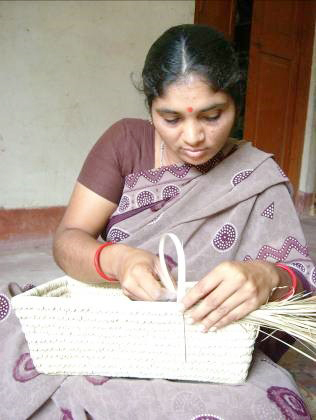
She taught her brother this skill and he started to make baskets for HEED Handicrafts also. Teresa and her baskets go side by side. She makes the baskets and they make her life to move ahead.
WOMEN’S EMPOWERMENT
Gender equality is a human right, but our world faces a persistent gap in access to opportunities and decision-making power for women and men.
Globally, women have fewer opportunities for economic participation than men, less access to basic and higher education, greater health and safety risks, and less political representation.
The story begins in a beautiful village in Khulna called Matiakhali. The father was a government servant and the mother was a housewife, and her second child in the family was Lovely Baroi. Although the family situation looked good at the beginning of her birth, she did not get a chance to see it for a long time due to her father’s retirement. School life began with a government school, but ended within five years. At the direction of the family, she had to sit in the marriage pew, when she was in class five. What we now call child marriage, but at the time it was very normal. Accepting everything, the journey begins with a new chapter and her companion is her husband, he used to make wooden dolls & statue. After marriage they came to Dhaka and stayed at their relative’s house.
Their condition was not good after marriage, they were going through a lot of hardships. At that time, her father used to help them a lot in their family, for example, he would give them anything they needed. One day her father took her home after seeing this condition, then she was three months pregnant. When her husband started getting work again, he brought her back to Dhaka. Then they moved into a rented house for 250 taka, when her eldest daughter was less than a year old.
When she was looking for work, she saw people sitting at home doing different handicrafts and she started taking work from them. They used to give her 16 taka per sheet. One day someone took her to work on the Seven Adventures Mission. The first handicraft job she learned was on the Seven Adventist Mission and they would pay her 10 taka a day. She was there for about 3 to 4 months, then suddenly one of their relatives came and asked her husband if I would work with a foreigner from UK doing this kind of handicrafts, then they agreed and her handicraft training was completed there.
Then he prepared me and another girl for this job, this is how the base went for a few months.
LOVELY BAROI
Then we joined another NGO called Ideas! Her father worked downstairs and I worked on the second floor in the same organization and we worked there for many years because they provided a lot of financial support such as hospital expenses and tuition fees when Lovely was sick, etc. The institution was now in Gulshan where Kumudini was, she used to go to work with the baby. Because they couldn’t afford to be anything but a working woman then.
Her eldest daughter started to grow up, they used to live in the cantonment area when the floods of the Nineteen Eighties flooded the area and they moved to the Badda area.
At present her three sons and daughters are doing well with the blessings of God. The eldest daughter lives in Italy, the son lives in Canada and the youngest daughter lives in Dhaka.
Through work she met a woman from the Netherlands, she helped her a lot. She gave everything to her children and she still has contact with her and she respects her like her mother.
Her contribution behind the stage lovely have reached today cannot be concluded as her debt or contribution. Her contribution to her life is more than that of a mother by birth. She got to know many foreigners through handicrafts, she was able to win their hearts with her handicrafts. It was as if many handicrafts had been presented to them, and they would pick up one of them and say that it was Lovely’s work. When they saw her handiwork, they would tell her that she had made it.
When she set up my own factory, most of the time was given to her. Now there are 10 girls working under her leadership and she has never seen them as employees. Her family is with them. There are many of them who have no husband and no parents, she organizes two meals for breakfast and special meals at different times in her factory.
She gives them a bonus equal to one month’s salary a year, also when they needed money she would give them from herself and never wanted it back.
Madam of the Netherlands used to call her, she did not understand her writing and she did not understand her words, so did she have any merit! Of course there was.
She never calculated the profit or loss, she thought that God has given her an employment opportunity for these girls.
When her eldest daughter took charge of this factory she did a lot of work. HEED Handicrafts Bangladesh is always special of them and she worked in Japan and Canada outside the country. When she had to courier goods abroad, she used DHL, TNT and Sundarbans when she was in the country.
Her specialty is to make scarves and she paints on the scarves by herself. When someone comes to creating new designs, she works on her own and then teaches it to everyone so that they can do it.

Thanks to this handicraft, she visited many places and gave training on how to make and how to present the work more beautifully. In life she did not work for success, I worked for her family and all the people involved with her. She taught handicrafts to her acquaintances and her relatives.
That way there is no secret behind her success, just realizing that she loves love to work and her strong desire to do this has brought her to this place today.
She is thankful to God that He gave her the opportunity to come to this place today and also to those people because if they had not been with her she might not have become this person today. Thanks to HEED Handicraft, they are selflessly working to create thousands of Lucky Barois like them.
Maybe one day she won’t be there but she wants her factory to be there and they can work in the same way. Today there are ten people, let them raise it to one thousand. She told them that they will run this factory when she will not be there.
Lovely said, ‘’I would like to say one thing for those who are going through a lot of problems today, I never dreamed about success, I worked for it.”
